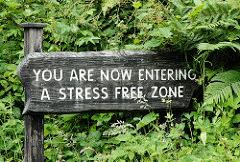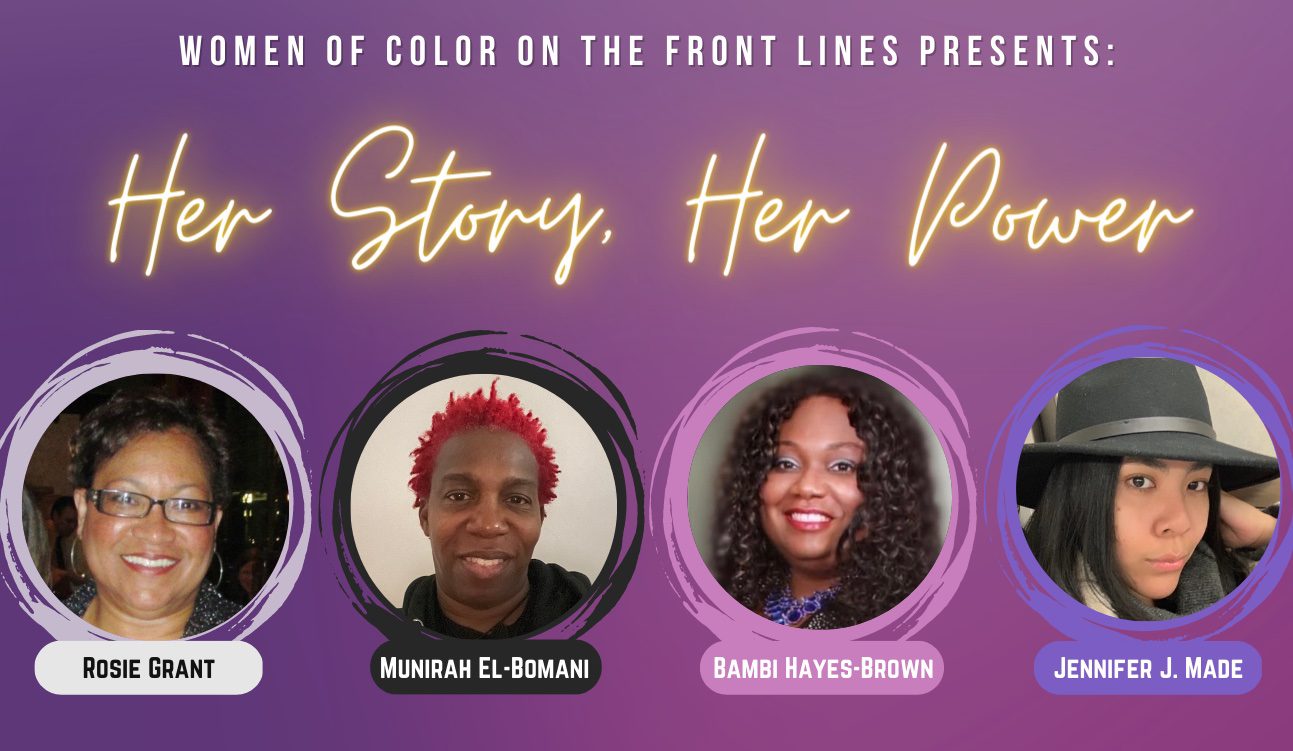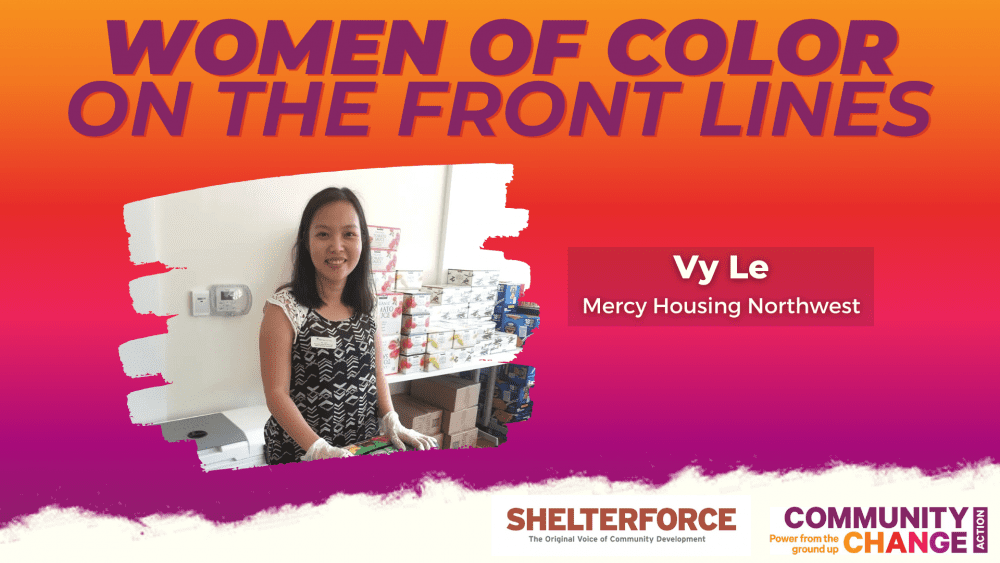
As I see news about refugees, mass shootings, and proposals by a certain candidate for our country's leadership to ban Muslim people from entering our country, I can't help but feel discouraged. How can we feel we're making an impact when we're fed a steady diet of such discouraging news from our mainstream media sources, all of which are fueled by technological “advances?”
How?
Outside of work, I coach at a local high school and have observed the positives and negatives of technology in terms of the opportunities it offers youth and the change in how they communicate with each other. Its created huge opportunities in how students now get their work done, find information, connect with other youth across the world; but it has also created an addictive cycle for information, attention, and inauthetic human connection. Our media sources bombard us with information that is more and more sensationalized in order to grab our attention, and more often than not, consumerist messages are woven into them to push us to establish who we are by what we buy. Social media pushes us to create an online persona that bleeds into our actual lives and influences how we communicate with each other. It, along with text messaging, allows us to interact with one another in sound bites—the very same way our media sources engage with us, and perhaps influencing how these broader events and happenings play out. Yet on the flip side, with all the discord going on in the real world, perhaps being plugged in allows some of us to feel connected on our own terms, and perhaps safer and more secure.
So now what? How can I help the young people I coach navigate the stress—and perceived safety—of our virtual world? Research has shown that unplugging for long periods of time helps us to de-stress, but modern life doesn't really allow for that. Perhaps we can start by using the extra time we have around the holidays to reflect and reconnect to the memories that are tied to them. For me, they are tied to family, friends, and food—catching up with an aunt I see only a few times a year; playing games with cousins who are now grown; debating deep societal issues with an uncle who might have had a cocktail or two. They are spaces that feel safe for me. And while not everyone may have the same experience, the holidays do push us toward those who are closest to us and understand who we truly are.
Reflecting back on my work, technology may assist us and our partners in recording our ideas, but it may also create a treadmill of administrative, marketing, and other work that takes away from our having a more substantive impact on our communities, and so we ask people to unplug in these spaces so that they can truly be present for each other and not to the ping of someone or something out of sight. We serve as a buffer of sorts to create those safe spaces where people can feel comfortable talking about deeper issues; issues tied to personal and relational conflict; issues that often form the foundation of obstacles that prevent us from doing our work, and then ask why did we get involved in this work in the first place? As we have done this, we find that people feel refreshed and reenergized—not unlike time spent with family and friends—to not only better serve their immediate clients but to also want to collaborate with others and begin tackling the broader systemic issues that create inequitable and dangerous situations.
So, looking to 2016, perhaps the question is how do we ensure that the very tools that assist us in our work do not consume us and become the focus of the work itself? How do we continue to cultivate the relationships next to us that are so important to our work, and not be sidetracked or beholden to those who are farther away?
Perhaps the answer may come to us in our own way as we take time to unplug, if just for a little, to spend time with our loved ones and then apply those reflections and realizations to the new year and work ahead.





Comments